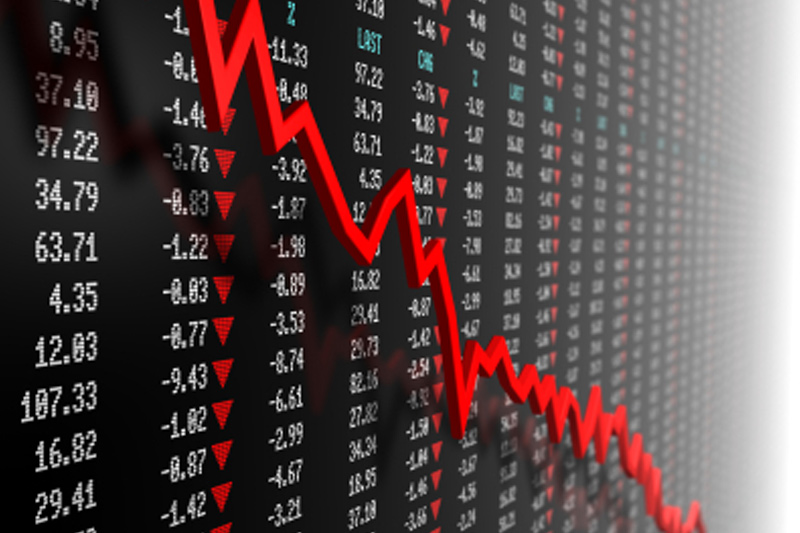Investing.com - The euro extended earlier losses against the dollar on Wednesday as investors sought the safety of the greenback on news the International Monetary Fund had cut its 2012 and 2013 global growth forecasts.
In Asian trading on Wednesday, EUR/USD was trading down 0.20% at 1.2860, up from a session low of 1.2856, and off from a high of 1.2863.
The pair was likely to test support at 1.2804, the low of Sept. 30, and resistance at 1.3072, Friday's high.
The IMF said that the global economy will expand 3.3% this year, the slowest pace since the 2009 recession, and 3.6% in 2013.
Both forecasts represent downward revisions made in July for growth of 3.5% for this year and 3.9% in 2013.
The numbers convinced investors that the global economy is battling increasing headwinds, which made the dollar an attractive safe harbor due to its liquidity.
Elsewhere, protestors clashed with police in Athens to mark German Chancellor Angela Merkel's visit to Greece for the first time since 2007, as he German leader urged Greece to stick with austerity, adding the country was close to the other side of the pain.
Uncertainty over whether Spain will seek a bailout kept the euro lower as well.
Global uncertainty offset news that Germany, Europe's economic engine, and the IMF may give Greece a two-year extension to meet deficit reduction targets agreed to in exchange for multilateral rescue assistance.
The dollar also saw gains against the euro and elsewhere as investors sold stocks and braced for U.S. third-quarter earnings, which hit the wire beginning this week.
Meanwhile, European Central Bank President Mario Draghi reiterated that governments cannot rely on monetary policy alone to remedy the debt crisis and urged fiscal reforms to take place as well.
The euro, meanwhile, was down against the pound and down against the yen, with EUR/GBP trading down 0.16% at 0.8039, and EUR/JPY trading down 0.23% at 100.60.
Later Wednesday, France and Italy are set to publish official data on industrial production, a leading indicator of economic health.
In the U.S., the Federal Reserve is to publish its Beige Book, which outlines current economic conditions.
In Asian trading on Wednesday, EUR/USD was trading down 0.20% at 1.2860, up from a session low of 1.2856, and off from a high of 1.2863.
The pair was likely to test support at 1.2804, the low of Sept. 30, and resistance at 1.3072, Friday's high.
The IMF said that the global economy will expand 3.3% this year, the slowest pace since the 2009 recession, and 3.6% in 2013.
Both forecasts represent downward revisions made in July for growth of 3.5% for this year and 3.9% in 2013.
The numbers convinced investors that the global economy is battling increasing headwinds, which made the dollar an attractive safe harbor due to its liquidity.
Elsewhere, protestors clashed with police in Athens to mark German Chancellor Angela Merkel's visit to Greece for the first time since 2007, as he German leader urged Greece to stick with austerity, adding the country was close to the other side of the pain.
Uncertainty over whether Spain will seek a bailout kept the euro lower as well.
Global uncertainty offset news that Germany, Europe's economic engine, and the IMF may give Greece a two-year extension to meet deficit reduction targets agreed to in exchange for multilateral rescue assistance.
The dollar also saw gains against the euro and elsewhere as investors sold stocks and braced for U.S. third-quarter earnings, which hit the wire beginning this week.
Meanwhile, European Central Bank President Mario Draghi reiterated that governments cannot rely on monetary policy alone to remedy the debt crisis and urged fiscal reforms to take place as well.
The euro, meanwhile, was down against the pound and down against the yen, with EUR/GBP trading down 0.16% at 0.8039, and EUR/JPY trading down 0.23% at 100.60.
Later Wednesday, France and Italy are set to publish official data on industrial production, a leading indicator of economic health.
In the U.S., the Federal Reserve is to publish its Beige Book, which outlines current economic conditions.
